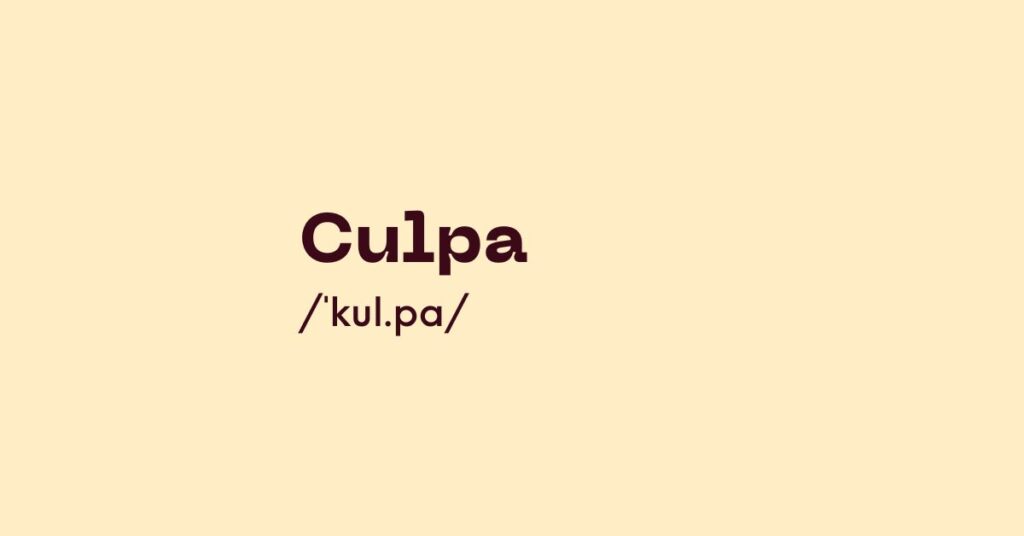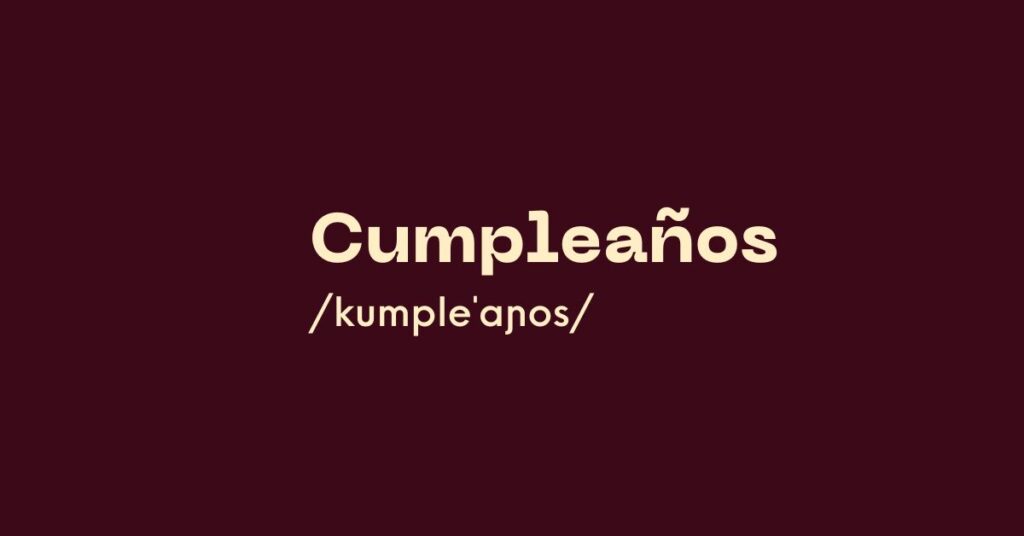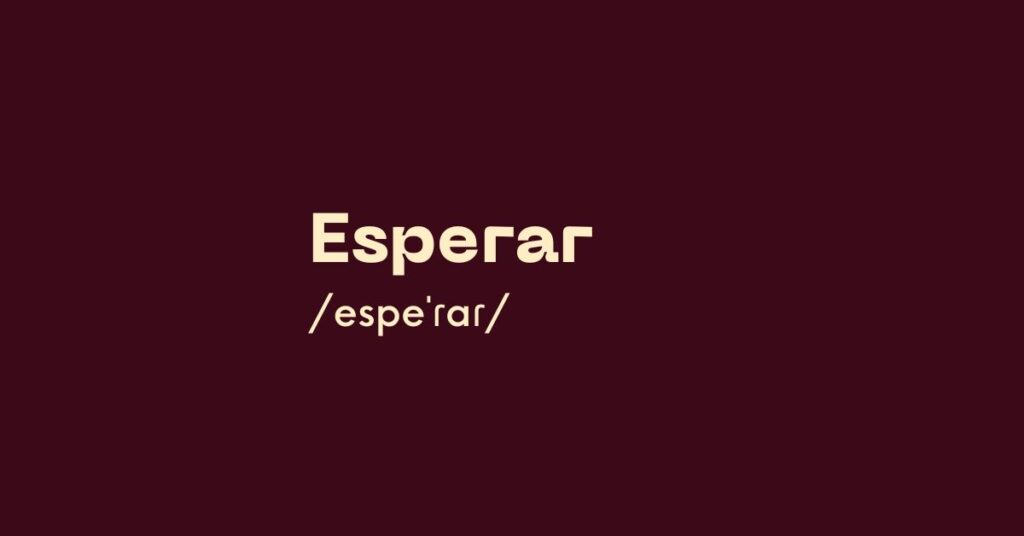Culpa
Today’s Spanish word of the day is “culpa”. It’s a feminine noun meaning “blame”, “fault” or “guilt”. A common expression is “echar la culpa a alguien” (literally “to throw blame at someone”), which means “to blame someone”. Here’s an example of this usage: The phrase “tener la culpa” means “to be at fault”, for example: […]








